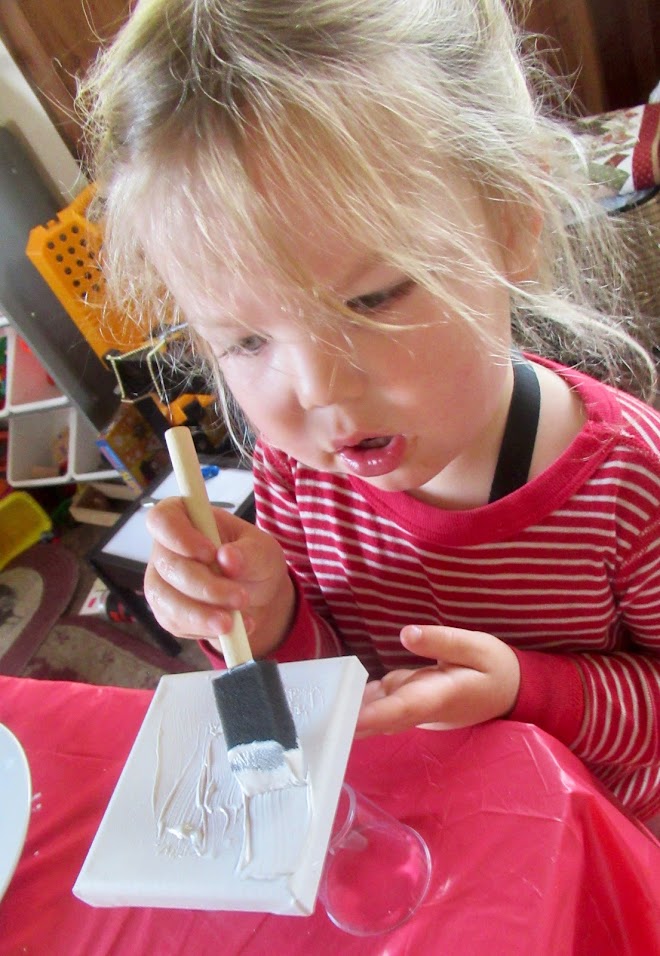Enlightenment
or
Call it Macaroni
An unwritten rule states that it is unwise to discuss either religion or politics among friends-that is-if you value your friends. I depart from that path now, only because I write for myself, and do not fear the wrath/indignation of those who do not agree with me. I express only my own thoughts, with no intention of offending anyone. In the past I have avoided revealing my personal religious beliefs, because anyone who knows me well, knows I am damaged goods when it comes to organized religion.
Being indoctrinated into the Catholic Church’s teachings could qualify as enough to damage anyone. This included the memorization of the catechism, a relatively painless exercise in futility, but one which nonetheless ensured that I knew all of the rules I was breaking, when I began to break them.
I really started to perfect my personal schism from the Church when I turned nineteen and got my own car. This allowed me to be able to [theoretically] attend mass on Sundays by myself, but which in reality, allowed me to swing by the church, pick up a weekly bulletin, and then head off to the car wash. I may not have been able to tell my parents what the sermon was about, but I had the best vacuumed and waxed car on the block.
So I set out to find out what life after Catholicism was all about. I went from that point at nineteen years of age, when I started ditching mass, to practically the point where I am now, in the next four years, culminating with me taking a class on existentialism at San Jose State. The class was taught by Dr. Peter Koestenbaum and used his The Vitality of Death as a textbook. The only reason I took this class is that I read the student-produced Tower List, which assessed campus classes and teachers. The publication simply stated that this class was a must.
Succinctly summed up Dr. Koestenbaum wrote that because man cannot avoid death, once he accepts that, he can neutralize the fear of death and begin to start living. The man who knows he is going to die finds meaning in life, takes charge of his life and is able to form a total plan for his life. I have simplified Dr. Koestenbaum’s thinking extremely, but it suffices.
For me the concept of the afterlife has always seemed, for lack of a better term, rather convenient, kind of a salve for those experiencing hard times. Since no one gets out alive, this would pretty much cover one and all. But even as a kid, I questioned so much about the black and white nature of the whole heaven/hell picture. Having Father Luke thunder at me and my sophomore class of boys only, “Masturbation is a mortal sin! You will rot in hell for all of eternity!” did not help.
Seriously? I am going to go to hell for jerking off? I didn’t think so. As impressionable young kids, we were taught that God was this all-merciful, all-benevolent Being and yet he would send me to hell for something I did as a kid? That didn’t hurt anyone? Of which no one was aware? None of it computed, including the concept of Purgatory, conveniently situated as the middle-stop between heaven and hell.
So if I wasn’t going to buy the afterlife program, I began to see the rest of all that indoctrination crumbling before my very eyes. Birth control? Not acceptable in a world where over-population is one of the most alarming developments? A mortal sin? Pathetically sublime. No eating meat on Fridays? Got it. Going to hell for that cheeseburger I ate from the In-N-Out, because the devil made me do it.
But if there were no afterlife and the Church were just a hugely wealthy conglomerate, and I, being indoctrinated to follow the teachings of the Church, was feeling abandoned, what might be my next step? What was I supposed to take from this very temporary presence on earth?
The answer seemed rather obvious: I would take from this experience anything and everything that I damn well chose. There is no one person who can control another’s ultimate definition of life, nor one’s goals and aspirations. My parents tried that number with the indoctrination of the Church’s beliefs and it obviously didn’t “take.”
What about the pursuit of the almighty buck? Could that take the place of religion, as it does for so many? The biggest problem with wealth is the inevitable selling of your soul in order to be successful. Countless hours spent toiling at a job which may be as rewarding as a poke in the eye with a sharp stick. I used to preach to my middle school-aged students to choose their careers carefully, not based on how much money they were earning, but rather, based on pursuing an occupation that they enjoyed doing. When they looked at me skeptically, all I had to do was shrug my shoulders, and indicate that I was living proof. School teachers don’t make jack and every kid in that class knew it.
What the kids did not know and what their parents would have been alarmed to find out, is that I was/am not a “christian.” I was a follower of one of Jesus’ most profoundly crucial concepts, “Do unto others, as you would have it done unto you,” and didn’t even mind that Jesus borrowed it from Confucius, who lived 500 years prior to the time of Christ. I do believe that Jesus is historically accurate, but I also believe that everything that came about after His death, such as the writing of the bible, or the foundation of the Church, was done by man.
So if there is no afterlife, what happens when you die? I don’t know. Fireworks? Folks just seem to have this fixation on the next leg of the “journey.” I’ve never understood what makes man feel that he is any different from any of the other critters on the planet. I mean, I know “all dogs go to heaven,” but the rest of the critters just die and become one with the earth. Why is it that man should be any different?
Sure, I’ve had that eerie feeling that I’ve been here before and I wonder vaguely if I am destined to repeat past futilities. But I also know that my dreams take me to some pretty unfathomable locations, so I am inclined to blame my brain for the inevitable murkiness that sometimes permeates my thinking. But I draw no sense comfort from these images, so I do not give them any credence.
So we have no soul? One that outlives us and carries on at the point of our death? Maybe soul is not the right term-maybe essence or being or life-force would be better. I definitely possess all of these qualities but still do not understand the rational for assuming this force lives beyond the temporal fortress, in which it currently dwells. My brain controls my life-force and when that brain dies, so dies the life force.
If I were to ascribe to a belief in any life-force that lingered on, after I had passed, I would say that my actions here on earth would be that life-force, and that if my actions were noteworthy, then the life-force I left behind would be the stronger for my having been here. Otherwise, pack up my bags, and send them off, because I won’t be needing them any more.
And I think that about wraps it up. I do not understand the concept that we are all one and the same. I understand that we all travel in our own vehicles, linked together by the common experience of life, but do not think it extends beyond that. We make the connections that we do, and they exist as long as we foster them, but we will also have to travel that last path alone, and that is the thought that I think does the most paralyzing damage to the living.
And I suppose, if I could not give a reasonable account of my life’s stewardship, then I might feel a little more concern. As it is, my life’s work being completed to my satisfaction, I am content to slow the pace, jot down a few thoughts, and look forward to tomorrow. When I stop looking forward to tomorrow, put me out of my misery, and call it macaroni.














